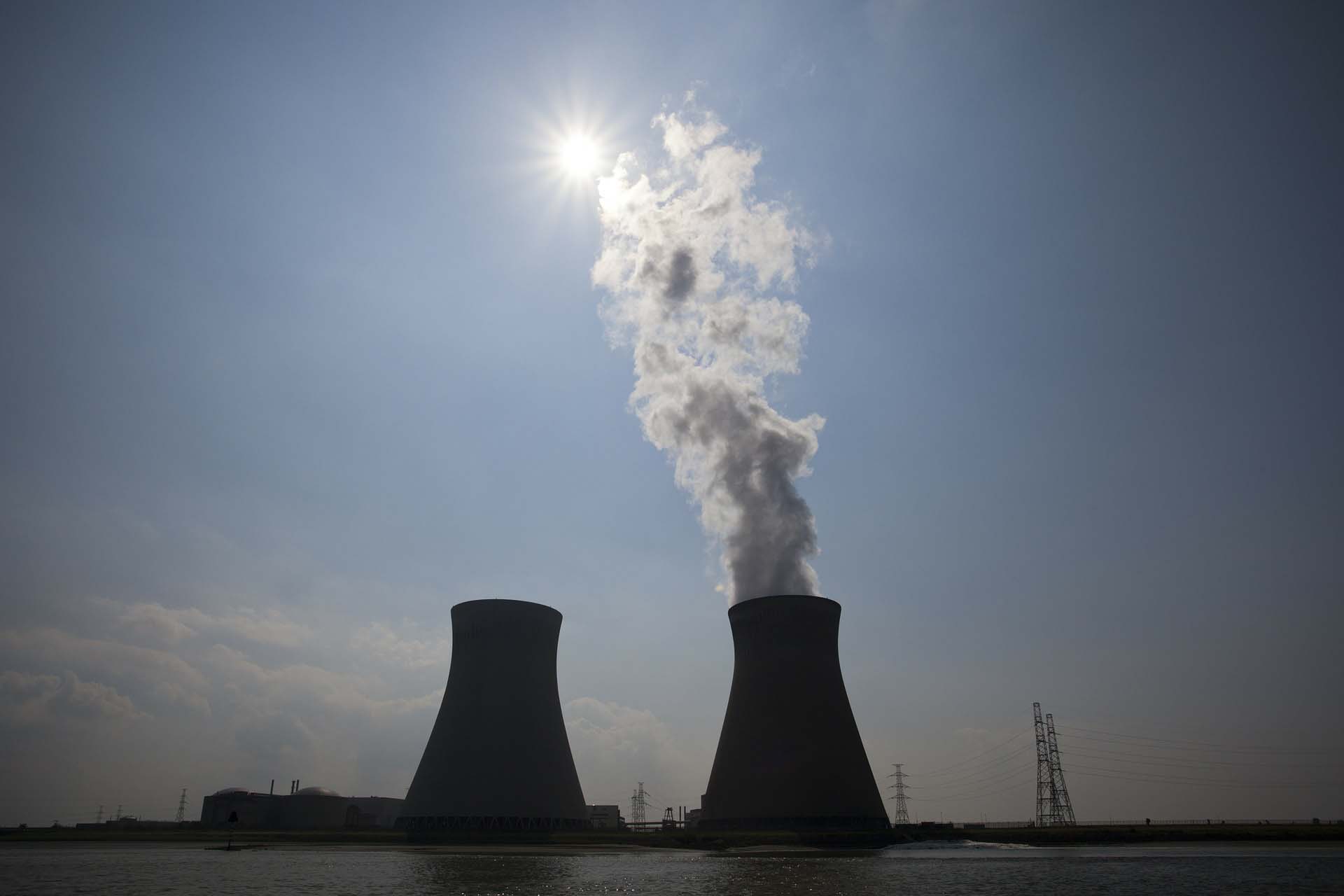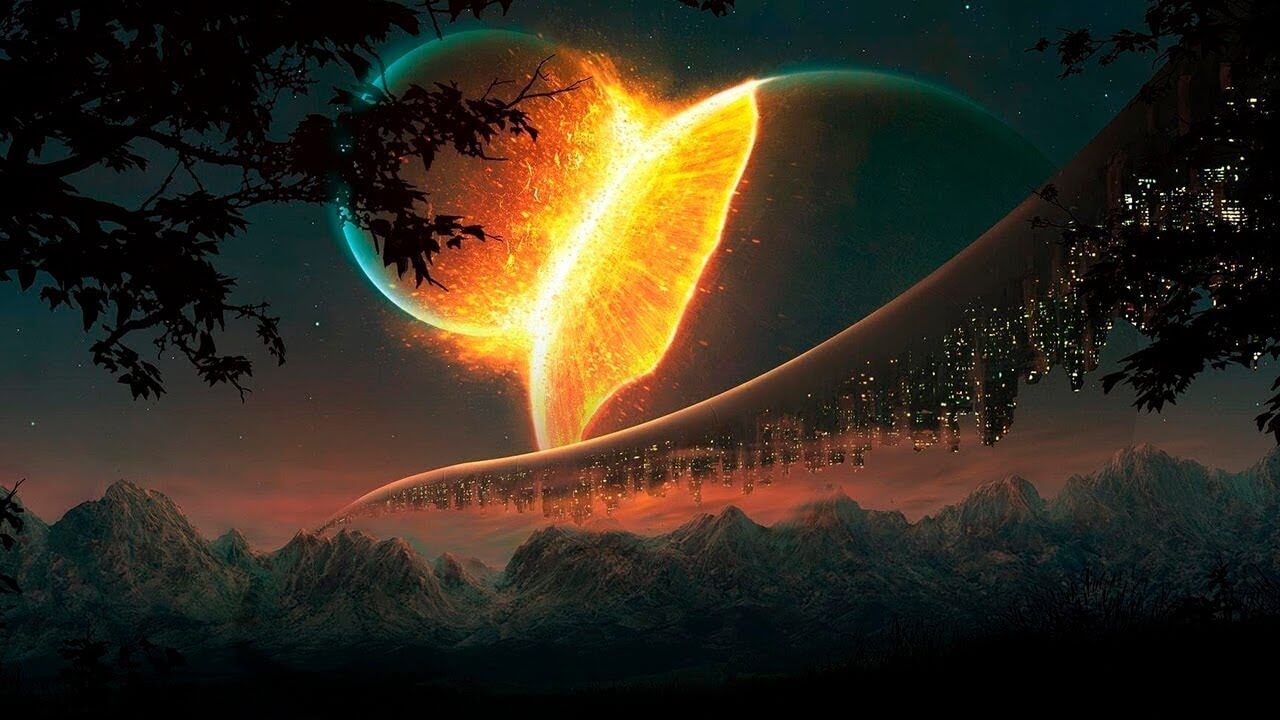As the world grapples with the challenges of climate change and the urgent need for clean, renewable energy sources, nuclear power often enters the conversation as a potential solution. Proponents argue that nuclear energy offers a low-carbon alternative to fossil fuels, providing a consistent and reliable source of power. However, it is crucial to recognize that nuclear energy is not a panacea for our renewable energy needs just yet. This article will explore some of the reasons why nuclear energy poses significant challenges and should not be viewed as the sole solution.
High Cost and Investment
One of the most significant barriers to nuclear energy is its exorbitant cost. Building and maintaining nuclear power plants requires substantial financial investments, making it an expensive option compared to other renewable energy sources. The construction costs, regulatory compliance, and disposal of radioactive waste contribute to the overall expense. Such high costs can strain national budgets and divert resources away from other sustainable alternatives that may offer a more efficient and cost-effective path to a renewable energy future.
Safety Concerns and Environmental Risks
While modern nuclear power plants have robust safety measures in place, accidents like the Chornobyl and Fukushima disasters serve as stark reminders of the potential risks involved. These incidents demonstrate the catastrophic consequences of a nuclear meltdown, including the release of harmful radiation into the environment. The disposal of nuclear waste also poses long-term environmental risks, as the safe storage of radioactive materials for thousands of years is a complex and unresolved challenge. The potential for accidents and the environmental implications associated with nuclear energy underscores the need for caution and thorough risk assessment.
Limited Resource Availability
Although nuclear power plants do not emit greenhouse gases during operation, the availability of uranium, the primary fuel for nuclear reactors, is a finite resource. As demand for nuclear energy increases, concerns arise about the long-term sustainability and reliability of uranium supply. Additionally, the mining and enrichment processes associated with uranium extraction have their own environmental and social impacts, including habitat destruction, water contamination, and displacement of indigenous communities. Dependence on a limited resource raises questions about the viability of nuclear energy as a long-term solution.
Decommissioning Challenges
As nuclear power plants reach the end of their operational lifespan, decommissioning becomes a complex and costly process. Disassembling and safely disposing of aging reactors require substantial financial resources and expertise. The decommissioning process can stretch over many years and often involves managing and storing radioactive waste, further adding to the environmental and financial burdens associated with nuclear energy.
Public Perception and Trust
Public opinion and trust play a vital role in determining the future of energy systems. Nuclear energy has faced significant public skepticism due to safety concerns and the potential for accidents. Even without any significant incidents, public perception of nuclear power remains divided, with concerns about radiation, waste disposal, and the long-term impacts on human health and the environment. Overcoming public apprehension and building broad-based support for nuclear energy can be a challenging task, further complicating its role as a primary renewable energy solution.
Conclusion
While nuclear energy may have some merits as a low-carbon energy source, it is important to recognize that it is not yet the complete solution for our renewable energy needs. The high costs, safety risks, limited resource availability, decommissioning challenges, and public perception issues associated with nuclear power require careful consideration and examination. It is crucial to foster a diversified energy portfolio that embraces a range of renewable sources such as solar, wind, geothermal, and hydroelectric power, along with continued advancements in energy storage and efficiency. By pursuing a comprehensive approach to renewable energy, we can create a more sustainable and resilient future while minimizing the drawbacks and uncertainties surrounding nuclear energy.


